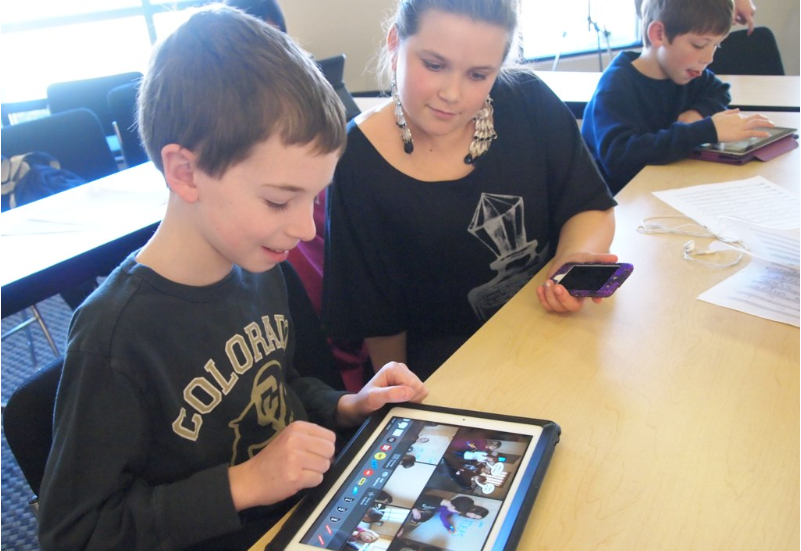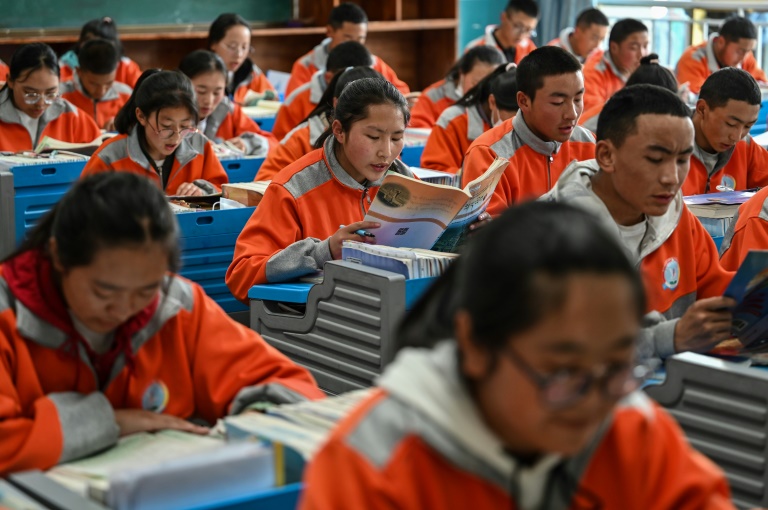SOCIAL
Edtech partnership strengthens understanding and diversity across three countries

Students using an iPad in a classroom environment.
Source – Brad Flickinger. CC SA 2.0.
A new Edtech partnership between three connected primary schools, Senator Obama Primary School in Kogelo, Kenya; Tore Eikeland school in Ghana and Saint Pierre School in Leigh on Sea, Essex, has taken place. This is designed to boost digital and technological literacy.
The core subjects driving the partnership are Artificial Intelligence and mathematics.
The partnership is supported by Wakelet and Microsoft 365 with the Children’s Parliament project.
This activity represents the combined use of computer hardware, software, and educational theory and practice to facilitate learning, based on information provided to Digital Journal.
As a result of the public-private partnership, students from the Senator Obama Primary School in Kogelo, Kenya received laptops and Safari Wi-Fi from Wakelet and PETT. Wakelet is an education technology firm. The use of the technology is set to enable an exchange of ideas among students across the three countries, transcending geographical boundaries.
Of interest is the ability to create a new online space for collaboration and knowledge-sharing between the nations.
To launch the partnership, Baroness Uddin, an advocate for education and international connectivity, hosted a MS Teams discussion. Uddin is a British non-affiliated life peer and community activist of Bangladeshi descent, with a keen interest in international collaboration.
This project has brought together students and educators from the three schools. The virtual meeting provided a platform for participants to connect, share insights, and lay the groundwork for cross-cultural collaboration.
As the programme advances, Wakelet is set to play a central role by providing online collaboration tools, ensuring communication and interaction among students. The education programme will be led by the registered Community Interest Company (CIC) IDEMS.

In addition to AI and mathematics, students will also be exposed to modules on subjects as diverse as democracy, water management and sustainability, and football diplomacy. This holistic approach aims to provide students with an educational boost, as well as strengthening their understanding of global issues and promoting cultural diversity.
















